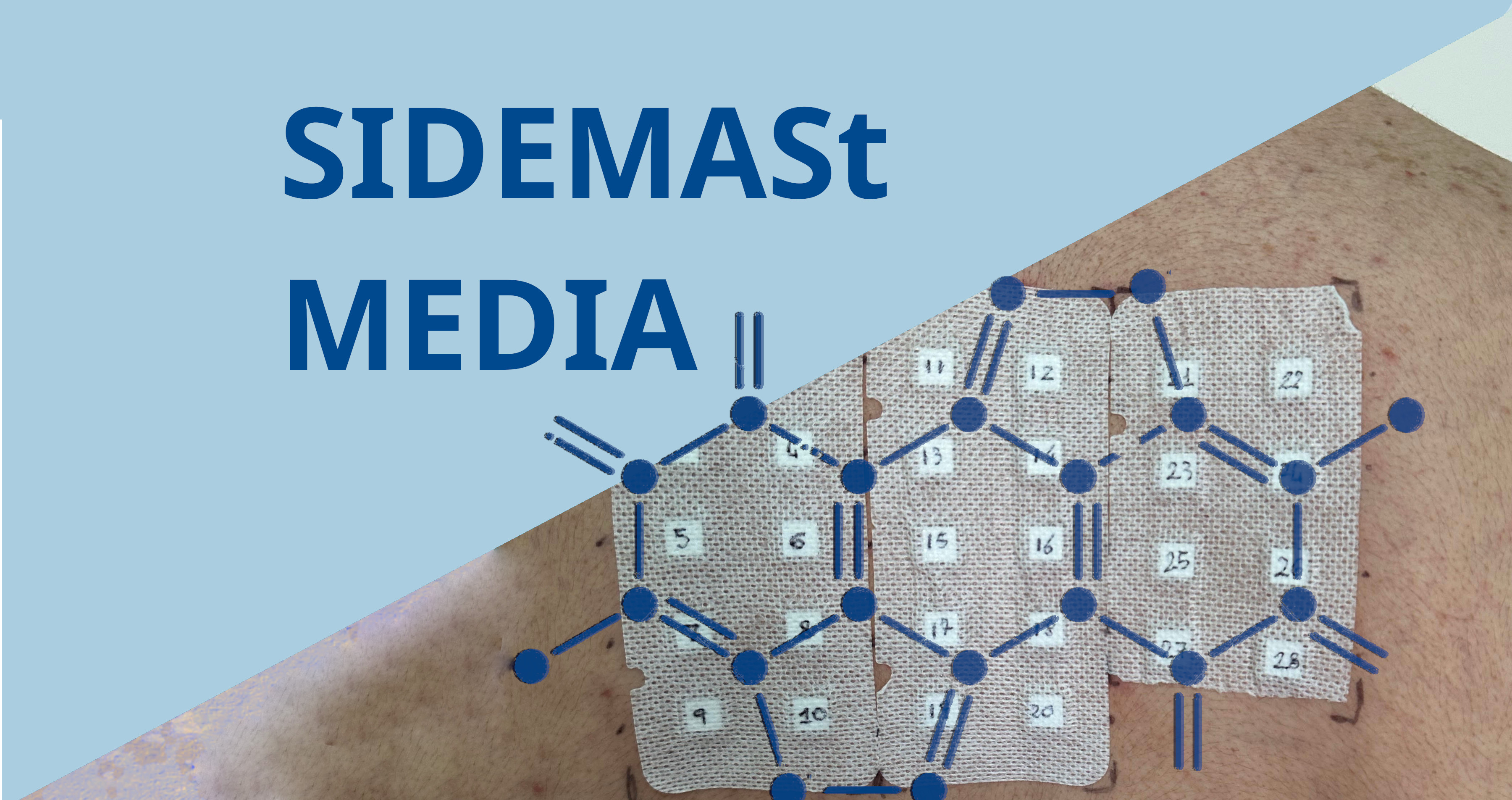The US Food and Drug Administration (FDA) is warning healthcare professionals that the antipsychotic drug ziprasidone (Geodon) is associated with a rare but serious skin reaction that can progress to affect other parts of the body.
A new warning has been added to the ziprasidone drug label to describe Drug Reaction With Eosinophilia and Systemic Symptoms (DRESS).
DRESS may start as a rash that can spread to all parts of the body. It can include fever, swollen lymph nodes, and inflammation of organs such as the liver, kidney, lungs, heart, or pancreas. DRESS also causes high levels of eosinophils in the blood. DRESS can lead to death.
The FDA reviewed information from 6 patients in whom the signs and symptoms of DRESS appeared between 11 and 30 days after ziprasidone treatment was started. None of these patients died. In 3 cases, a recurrence of symptoms was reported following the discontinuation and re-initiation of ziprasidone, with a faster time to onset following the re-initiation.
The cases support an association between ziprasidone and the development of DRESS because of the consistency of the case characteristics to the signs and symptoms of DRESS, the temporal relationship between ziprasidone initiation and the onset of symptoms, and reported cases of positive re-challenge.
Based on this information, the FDA required the manufacturer of ziprasidone to add a new warning for DRESS to the Warnings and Precautions section of the drug labels for the capsule, oral suspension, and injection formulations.
More information for healthcare professionals:
- Make sure your patients know that rash may occur with ziprasidone treatment and may progress to DRESS.
- Explain the signs and symptoms of severe skin reactions to your patients and tell them when to seek immediate care.
- DRESS consists of 3 or more of the following: cutaneous reaction, eosinophilia, fever, lymphadenopathy, and 1 or more systemic complications such as hepatitis, nephritis, pneumonitis, myocarditis, pericarditis, and pancreatitis.
- If DRESS is suspected, ziprasidone treatment should be stopped immediately.
Healthcare professionals and patients are encouraged to report adverse events or side effects related to the use of these products to the FDA's MedWatch Safety Information and Adverse Event Reporting Program:
- Complete and submit the report Online: www.fda.gov/MedWatch/report.htm
- Download form or call 1-800-332-1088 to request a reporting form, then complete and return to the address on the pre-addressed form, or submit by fax to 1-800-FDA-0178
SOURCE: US Food and Drug Administration








